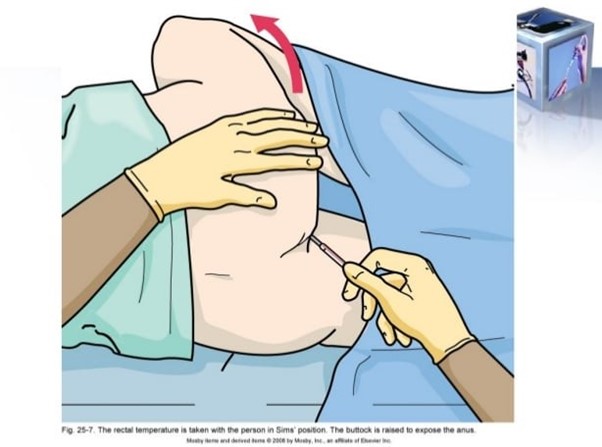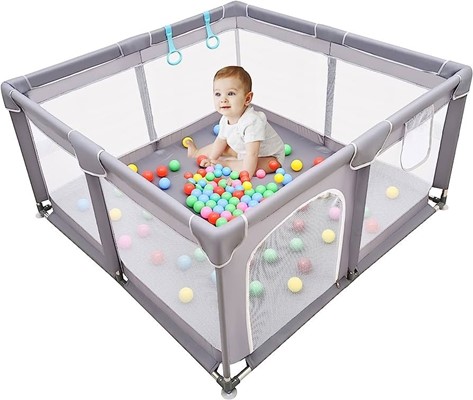Which intervention is the most important for the practical nurse (PN) to implement when applying an ice pack to a client?
Wrap the bag in place for comfort.
Secure a protective cover over the bag.
Give directions to leave the pack in place.
Fill the ice pack with crushed ice
The Correct Answer is B
The most important intervention for the practical nurse (PN) to implement when applying an ice pack to a client is to secure a protective cover over the bag. This is essential to protect the client's skin from direct contact with the ice pack, which can cause tissue damage, frostbite, or discomfort.
Securing a protective cover, such as a thin cloth or towel, between the ice pack and the client's skin helps to create a barrier and prevent excessive cold exposure. It allows for the therapeutic benefits of the ice pack, such as reducing swelling and pain, while minimizing the risk of skin damage.
Incorrect:
A. While wrapping the bag in place for comfort is important, it is not the most critical intervention compared to ensuring the protection of the client's skin.
C. Giving directions to leave the pack in place is a general instruction for the client to follow the prescribed treatment, but it does not specifically address the importance of using a protective cover.
D. The type of ice used, whether crushed or cubed, may vary based on availability and preference, but it does not take precedence over the need to protect the client's skin with a cover.
Nursing Test Bank
Naxlex Comprehensive Predictor Exams
Related Questions
Correct Answer is A
Explanation
Taking a rectal temperature requires a higher level of skill and carries a higher risk of injury compared to other methods, especially when dealing with a 2-year-old child with leukemia. Given the client's condition, it is important to minimize any potential harm or discomfort. Taking a tympanic temperature is a safer alternative that provides an accurate reading without the risk of injury.
B. Reminding the UAP to lubricate the thermometer before insertion is not appropriate because the PN should not encourage or support the UAP in performing a rectal temperature on a high-risk client. The focus should be on using a safer and less invasive method.
C. Instructing the UAP to report the results to the PN immediately is not necessary in this situation because the PN has already determined that taking a rectal temperature is not appropriate.
Instead, the PN should guide the UAP toward using the tympanic method.
D. Observing the UAP to ensure the thermometer is inserted correctly is not appropriate in this case because the PN has already determined that taking a rectal temperature is not the recommended course of action. It is more appropriate to redirect the UAP to use an alternative method.

Correct Answer is D
Explanation
- A playpen is a portable enclosure that provides a confined space for a child to play in. It can be useful for keeping a child safe and supervised when the caregiver is busy or needs a break, but it should not be used as a substitute for active play or interaction with the caregiver or others.
- A 2-year-old child is in the developmental stage of toddlerhood, which is characterized by rapid physical, cognitive, social, and emotional growth. Toddlers are curious and eager to learn about the world around them, and they need opportunities to explore, experiment, and manipulate objects and materials. They also need stimulation, guidance, and feedback from their caregivers and peers to develop their language, problem-solving, and social skills.
- Keeping a 2-year-old child in a playpen for long periods of time or to prevent them from getting dirty can have negative effects on their development and well-being. It can limit their physical activity, creativity, and independence, and it can cause boredom, frustration, or resentment . It can also interfere with their attachment and bonding with their caregiver, as well as their self-esteem and self-image.
- Therefore, the practical nurse (PN) should use the statement "Children need time to actively explore their environment" in responding to this concern about using a playpen. This statement reflects the developmental needs and rights of the child, and it encourages the caregiver to provide a more stimulating and supportive environment for the child. It also implies that getting dirty is not a problem, but rather a natural and healthy part of play and learning.
- Therefore, option D is the correct answer, while options A, B, and C are incorrect. Option A is incorrect because it is judgmental and may offend or discourage the caregiver.

Whether you are a student looking to ace your exams or a practicing nurse seeking to enhance your expertise , our nursing education contents will empower you with the confidence and competence to make a difference in the lives of patients and become a respected leader in the healthcare field.
Visit Naxlex, invest in your future and unlock endless possibilities with our unparalleled nursing education contents today
Report Wrong Answer on the Current Question
Do you disagree with the answer? If yes, what is your expected answer? Explain.
Kindly be descriptive with the issue you are facing.
